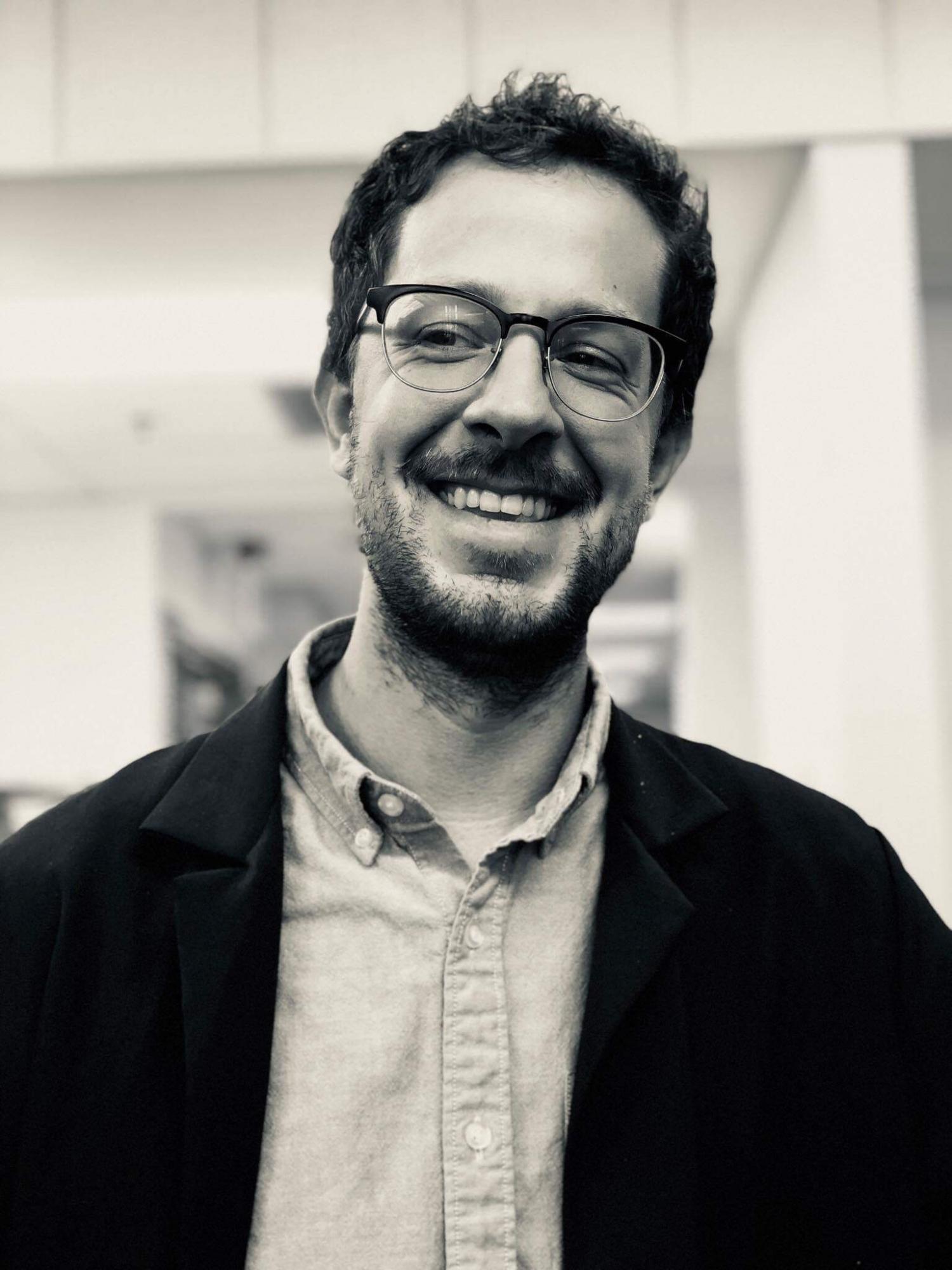
Randy Carney
Assistant Professor
College/School/Department: College of Engineering, Department of Biomedical Engineering
Additional Appointments: Biomedical Engineering Graduate Group
What made you choose Davis?
When my wife was accepted to UC Davis Veterinary School a few years ago, I was lucky to find a position as a postdoctoral researcher at UC Davis Health. I fell in love with the area and campus. Access to clinical samples obtained from patients at the UC Davis Comprehensive Cancer Center is a big plus and something I get very excited about working with. I believe the UC Davis infrastructure is well-built for translating basic science research into the clinic to improve the lives of patients directly.
What inspires you?
I was awarded my first research grant a few years ago by the Ovarian Cancer Education & Research Network (OCERN). They presented the award at their annual Let’s ROC 5K race, which I participated in. I met some very inspiring survivors and also the families of those who lost their lives battling the disease. I keep the badge from the race near my desk and use it every day to remind me what the stakes are, and to keep making progress toward my goals of meaningfully contributing to cancer research.
What research are you currently working on? What makes it unique?
Using a type of analysis called Raman spectroscopy, my lab examines tiny nanoparticles called exosomes that circulate in the body, which are typically a totally normal and healthy way that cells communicate with each other. In cancer and other diseases, not so much. Fortunately, exosomes released from cancer cells have a distinct Raman signature, which may enable their use as excellent early stage biomarkers or instead help physicians track a patient’s response to a certain type of treatment. Raman analysis is typically slow and complex, and not well-suited for application in the clinic, but we are focused on bridging that gap as quickly and effectively as we can.
If you could impart one piece of advice to our undergraduates seeking a course of study/career path, what would it be?
I would advise students to actually try out a path they find interesting. If it’s science, volunteer in a lab (like mine!), or if it’s medicine, shadow a doctor. There’s a big gap between studying the subject matter and actually doing the job, and it really helps to get a feel for the latter as early as possible. Take the leap and reach out to someone who is doing that career. You’ll likely find that they are happy to share their experiences with you firsthand and probably even let you tag along.
When not in the classroom or conducting research, what do you like to do?
I play music and love to cook and garden, each of which I find relaxing and creatively stimulating. I also watch a probably-way-too-large-amount of TV and movies.
If you could have one superpower, what would it be and why?
There was a movie I saw as a kid about a guy who was struck by lightning while plugging in his computer, and the entire Internet was downloaded into his brain. He could recall any bit of fully analyzed information in a split second. I think that would be a pretty awesome superpower.